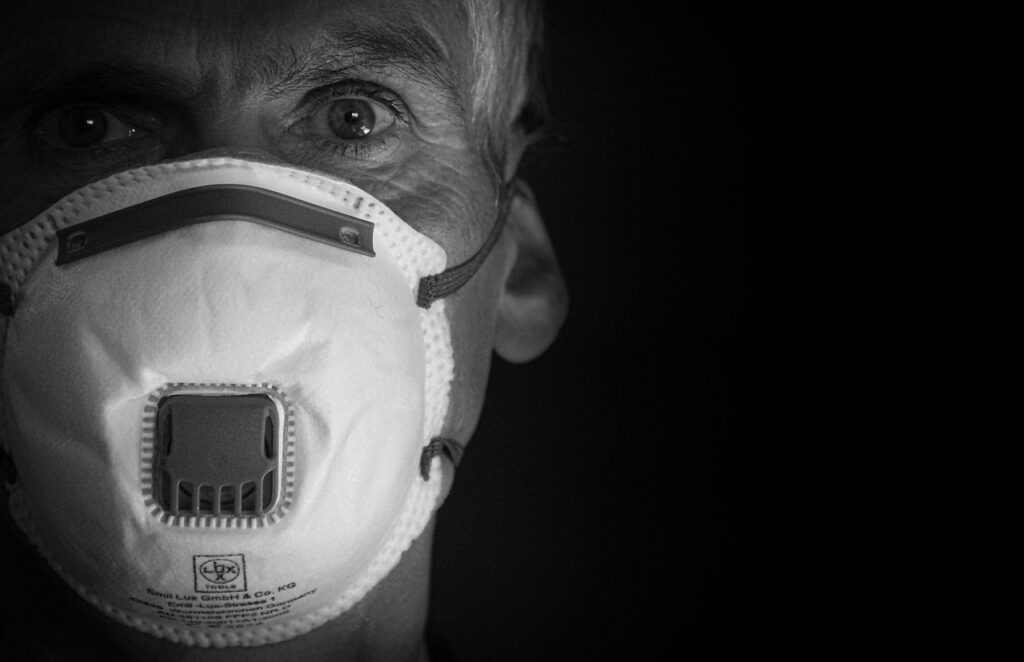Navigating the Landscape of Diseases: Understanding, Prevention, and Hope
by siteadmin

In the vast tapestry of human health, diseases stand as formidable adversaries, challenging our understanding, resilience, and compassion. From ancient plagues to modern pandemics, diseases have shaped the course of history, leaving an indelible mark on societies worldwide. Today, as we navigate the complex landscape of infectious and non-communicable diseases, it becomes increasingly crucial to foster awareness, prevention, and hope in our collective fight against them.
Understanding the Dynamics:
Diseases come in myriad forms, ranging from infectious illnesses caused by pathogens like bacteria, viruses, fungi, and parasites, to chronic conditions such as heart disease, cancer, and diabetes. Each disease operates within its own unique framework, influenced by factors including genetics, environment, lifestyle, and socioeconomic status.
Infectious diseases, like COVID-19, often capture headlines due to their rapid spread and potential for widespread impact. These diseases can emerge suddenly, challenging healthcare systems and testing our global preparedness. Non-communicable diseases, on the other hand, often develop over time, influenced by lifestyle choices and genetic predispositions. While they may not generate the same immediate urgency as infectious outbreaks, their long-term effects can be equally devastating.
Prevention as the Cornerstone:
In the battle against diseases, prevention emerges as the cornerstone of our defense. Vaccinations, hygiene practices, healthy diet choices, regular exercise, and avoiding tobacco and excessive alcohol consumption are just a few of the ways individuals can reduce their risk of contracting various diseases. Equally important is access to healthcare and education, ensuring that everyone has the resources and knowledge to make informed decisions about their health.
Community-wide efforts, such as public health campaigns and government initiatives, play a pivotal role in disease prevention. Through coordinated action, we can implement policies and interventions aimed at reducing risk factors, promoting healthy behaviors, and providing equitable access to healthcare services. By addressing social determinants of health, such as poverty, inequality, and environmental factors, we can create environments that support well-being and resilience against disease.
Hope on the Horizon:
While diseases present formidable challenges, there is also cause for hope. Scientific advancements continue to expand our understanding of disease mechanisms, leading to breakthroughs in prevention, diagnosis, and treatment. From revolutionary vaccines to innovative therapies, researchers around the world are tirelessly working to combat diseases on all fronts.
Moreover, the power of human resilience and solidarity shines brightly in the face of adversity. Communities come together to support one another, healthcare workers demonstrate unwavering dedication, and individuals show remarkable strength in overcoming personal health challenges. It is this spirit of resilience and compassion that fuels our collective journey towards a healthier, more resilient future.
Diseases are an ever-present reality of the human experience, challenging us to confront uncertainty, prioritize health, and cultivate empathy. By understanding the dynamics of diseases, prioritizing prevention efforts, and embracing hope, we can navigate this complex landscape with courage and determination. Together, let us stand united in our commitment to building a world where diseases no longer hold sway, and where health and well-being flourish for all.
In the vast tapestry of human health, diseases stand as formidable adversaries, challenging our understanding, resilience, and compassion. From ancient plagues to modern pandemics, diseases have shaped the course of history, leaving an indelible mark on societies worldwide. Today, as we navigate the complex landscape of infectious and non-communicable diseases, it becomes increasingly crucial to…
Recent Posts
- Ozone Therapy for Fertility
- Acupuncture for Fertility
- The Transformative Power of Movement: Embracing Physical Activity and Exercise for Health and Fitness
- Fueling Your Fitness Journey: The Power of Nutrition and Balanced Eating Habits
- House of Aesthetix Introduces Innovative Ozempic Solutions in San Diego
